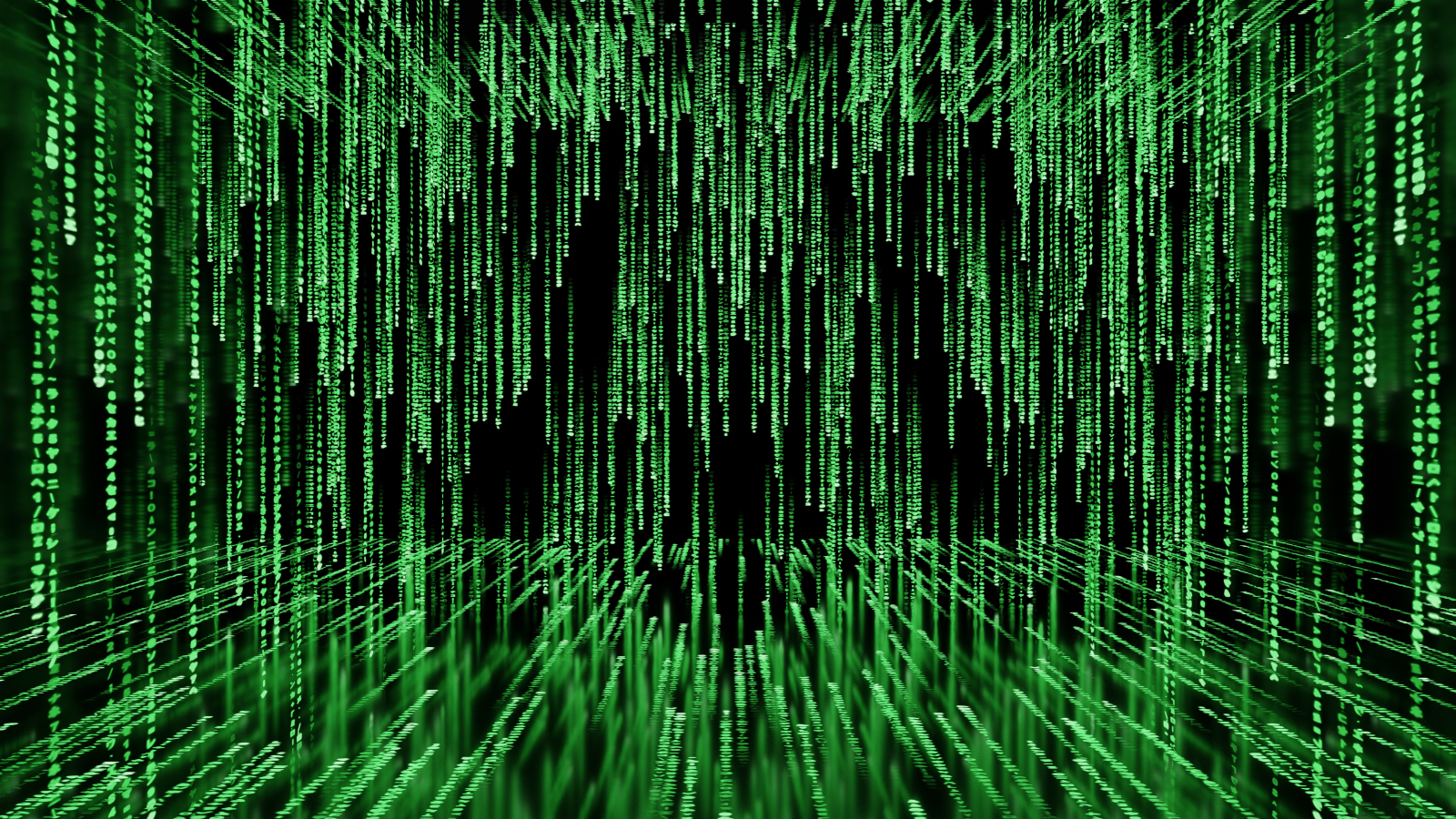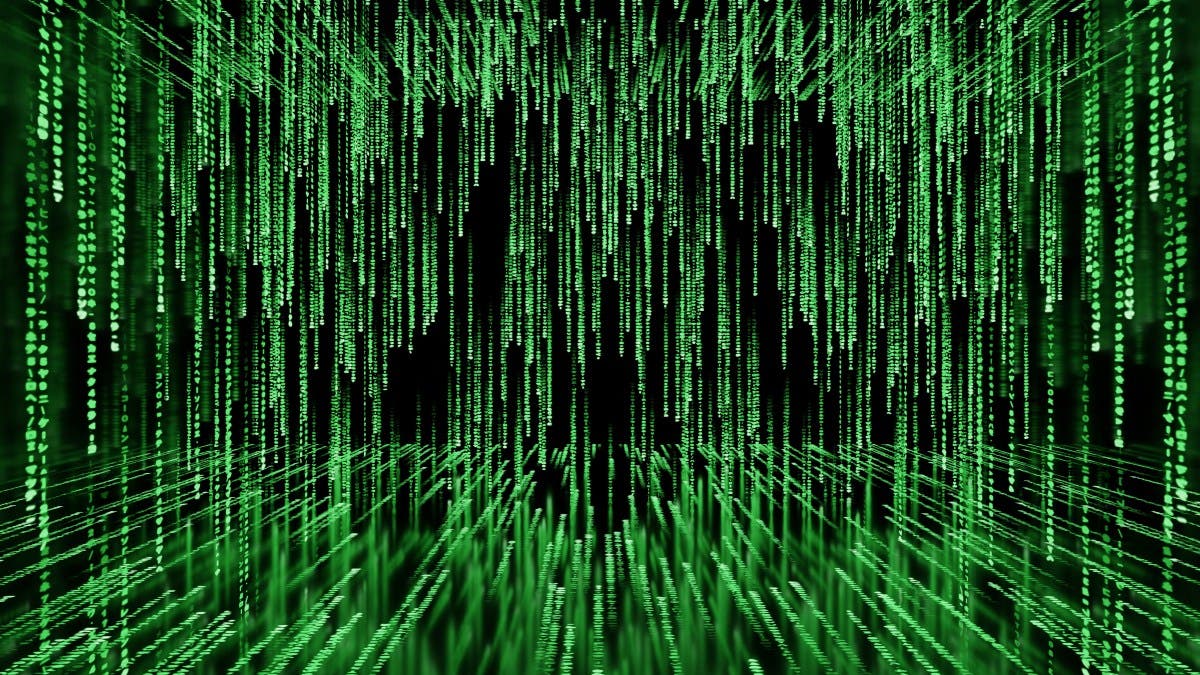You can stop looking for glitches in the Matrix—it’s finally been proven that our universe is not merely a simulation running on some powerful alien civilization’s supercomputer.
An international team of researchers used a combination of logic and physics to prove that the fundamental nature of reality means that it could never be simulated, no matter how hard one tried.
“This idea was once thought to lie beyond the reach of scientific inquiry,” said paper author and physicist professor Mir Faizal of the University of British Columbia in a statement.
“However, our recent research has demonstrated that it can, in fact, be scientifically addressed.”

Key to the team’s determination is a cutting-edge physical theory known as “quantum gravity” which—as the name might suggest—attempts to reconcile our understanding of gravity with that of quantum mechanics, which explains how matter and energy behave on an atomic scale and below.
Under quantum gravity, the physical universe that we know is not actually the fundamental reality. Instead, the fabric of space and time emerge from an underlying foundation, an abstract, mathematical realm of pure information.
In their study, Faizal and colleagues show that even in such an information-based, “Platonic realm,” it is not possible to fully describe reality using computation alone.
The team point, for example, to mathematician Kurt Gödel’s first incompleteness theorem, which states that no consistent system of axioms that can be listed by an algorithm that will prove all the truths about the arithmetic of the natural numbers.
Instead, there will always be statements about natural numbers that are either true or false but that are unprovable within the system in question.
Gödel’s first incompleteness theorem is related to—and, in fact, inspired by—the famous self-referencing “liar’s paradox” of “This statement is false.”
In a similar way, Gödel put together a mathematical statement that translates to “This statement is unprovable”—which is true, but inherently mathematically unprovable.
In this way, there are “Gödelian truths” that rely on a “non-algorithmic understanding” that would need to be included in any complete and consistent description of everything.
“Drawing on mathematical theorems relating to incompleteness and indefinability, we demonstrate that a fully consistent and complete description of reality cannot be achieved through computation alone,” said Faizal.
“Any simulation is inherently algorithmic—it must follow programmed rules,” he added.
“But since the fundamental level of reality is based on non-algorithmic understanding, the universe cannot be, and could never be, a simulation.”
Beyond debunking many a good sci-fi plot, the researchers’ say that their conclusion has profound implications for our understanding of physics.
“The fundamental laws of physics cannot be constrained within space and time, because they generate them,” explained paper author and theoretical physicist Lawrence M. Krauss in a statement.
“It has long been hoped, however, that a truly fundamental theory of everything could eventually describe all physical phenomena through computations grounded in these laws. Yet we have demonstrated that this is not possible.
“A complete and consistent description of reality requires something deeper.”
Do you have a tip on a science story that Newsweek should be covering? Do you have a question about quantum gravity? Let us know via science@newsweek.com.
Reference
Faizal, M., Krauss, L. M., Shabir, A., & Marino, F. (2025). Consequences of Undecidability in Physics on the Theory of Everything. Journal of Holography Applications in Physics, 5(2). https://doi.org/10.22128/jhap.2025.1024.1118
